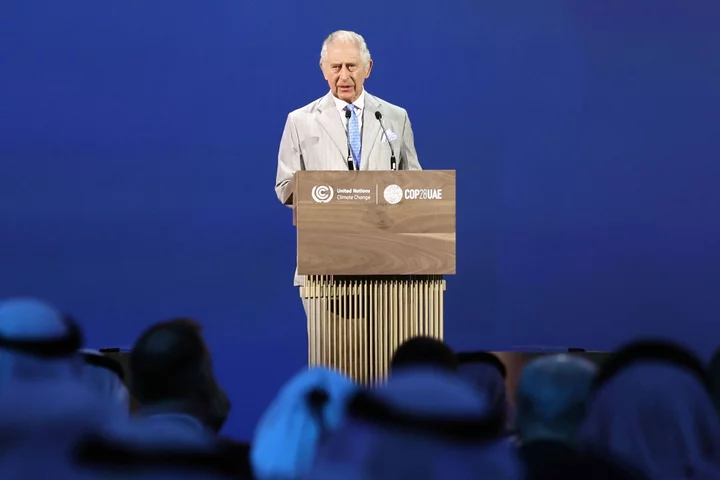A battery startup is aiming to be the first company in the world to mass produce electric vehicle batteries with a range of 1,000km – roughly double the current standard.
China-based Gotion High Tech, which is a supplier to Volkswagen, unveiled its new L600 LMFP Astroinno battery at its annual technology conference, claiming that mass production will begin in 2024.
The lithium-manganese-iron-phosphate (LMFP) battery has already passed all necessary safety tests, the company said, and has a life cycle of 4,000 charge-discharge cycles – making it suitable for everyday electric cars.
The 1,000km range from a single charge gives the battery a potential lifetime range of 4 million kilometres, far exceeding the average lifespan of a car.
Its single-charge range is also equivalent to records set by customised electric prototypes, such as the Mercedes-Benz Vision EQXX that broke a range record by travelling from Germany to the UK on a single charge last year.
It took 10 years of in-house research to make the technology commercially viable, using new electrolyte additives and state-of-the-art technology to overcome previous issues with this type of battery.
Until now, LMFP materials have suffered low conductivity, low compaction density and manganese dissolution at high temperatures, meaning they were too inefficient and unwieldy to use in EVs.
Despite these challenges, the enormous potential of the technology has drawn the attention of researchers and industry watchers.
“In recent years, lithium iron phosphate (LFP) technology has regained the recognition of the market with market share continuing to increase,” said Dr Cheng Qian, executive president of the International Business Unit of Gotion High-Tech.
“Meanwhile, the energy density growth of mass-produced LFP batteries has encountered bottlenecks, and further improvement requires an upgrade of the chemical system, so [our system] was developed.”
The company also made other breakthroughs with the battery’s design, which reduced the number of structural parts by 45 per cent and lowered their weight by nearly a third.
Wiring for the battery pack has also dropped from 303 metres to just 80 metres thanks to the innovative design.
It is not clear which vehicles the battery will first appear in, though Gotion High Tech is planning a $2.3 billion battery factory in the US.
Read MoreSolar panel efficiency to increase 50% with first production of ‘miracle’ tandem cells
Apple is making a ‘mixed reality’ headset. Here’s what that future might look like
WhatsApp will let people change messages after they are sent
‘RIP photoshop’: New AI can alter any photo with the click of a mouse









